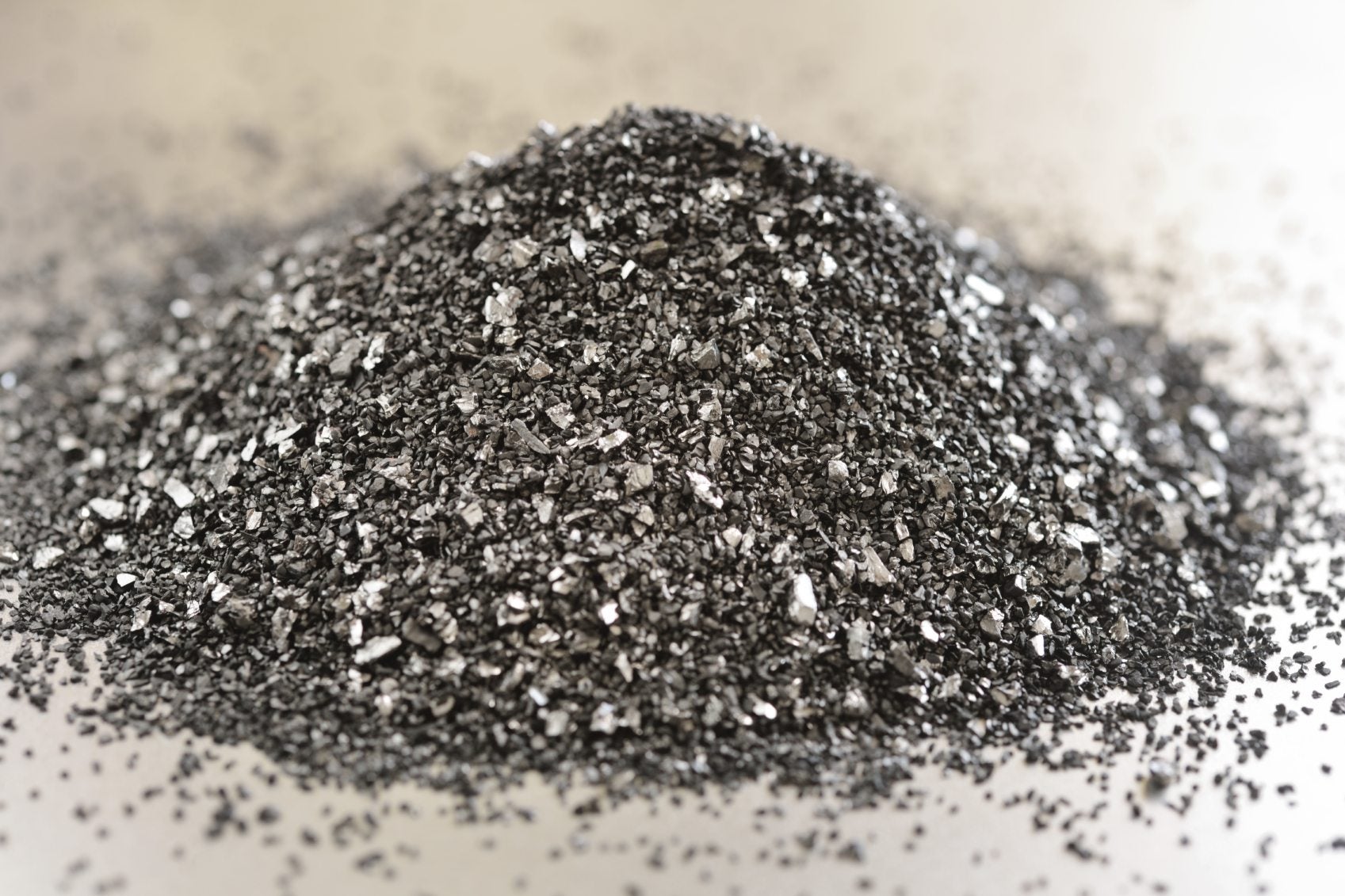What Is Activated Charcoal: Can Charcoal Be Composted For Odor Control


What is activated charcoal? Used in many commercial, industrial, and household applications, activated charcoal is charcoal that has been treated with oxygen, which creates a fine, porous material. The millions of tiny pores work like a sponge that can absorb certain toxins. Using activated charcoal in compost and garden soil is an effective way to neutralize certain chemicals, as the substance can absorb up to 200 times its own weight. It may also help staunch unpleasant aromas, including smelly compost.
Can Charcoal Be Composted?
Many commercial compost bins and buckets come with an activated charcoal filter in the lid, which helps to neutralize odors. As a general rule, activated and horticultural charcoal can safely be incorporated into compost, and small amounts will help to neutralize unpleasant odors. However, charcoal from barbecue briquettes or your fireplace charcoal ashes in compost should be used sparingly, as too much can raise the pH level of the compost beyond the desired level of 6.8 to 7.0.
Using Activated Charcoal in Compost
In general, you should limit your use of activated charcoal to about a cup (237 ml.) of charcoal for each square foot (929 sq. cm.) of compost. One caveat: if you use commercial briquettes, read the label and don’t add briquettes to your garden if the product contains lighter fluid or other chemicals that make briquettes easier to light.
Horticultural Charcoal vs. Activated Charcoal
Horticultural charcoal has many positive qualities but, unlike activated charcoal, horticultural charcoal doesn't have spongy air pockets, so it lacks the ability to absorb odors or toxins. However, horticultural charcoal is a lightweight material that may improve poor soil by improving drainage and increasing the soil’s moisture-retaining capabilities. It may also reduce the leaching of nutrients from the soil. Use horticultural charcoal in small quantities – no more than one part charcoal to nine parts soil or potting mix.
Gardening tips, videos, info and more delivered right to your inbox!
Sign up for the Gardening Know How newsletter today and receive a free copy of our e-book "How to Grow Delicious Tomatoes".

A Credentialed Garden Writer, Mary H. Dyer was with Gardening Know How in the very beginning, publishing articles as early as 2007.
-
 Which Invasive Shrubs Should You Avoid Growing? Plus, Best Natives To Plant Instead
Which Invasive Shrubs Should You Avoid Growing? Plus, Best Natives To Plant InsteadCertain plants may look lovely but they can wreak havoc to local areas and native wildlife. Here are the key invasive shrubs to avoid – with recommendations on gorgeous native alternatives to try
-
 What Not To Plant With Tomatoes: 8 Bad Neighbors That Could Ruin Your Harvest
What Not To Plant With Tomatoes: 8 Bad Neighbors That Could Ruin Your HarvestNot all companion plants are beneficial – some can sabotage your tomatoes. Find out which ones to keep at a safe distance in the garden.